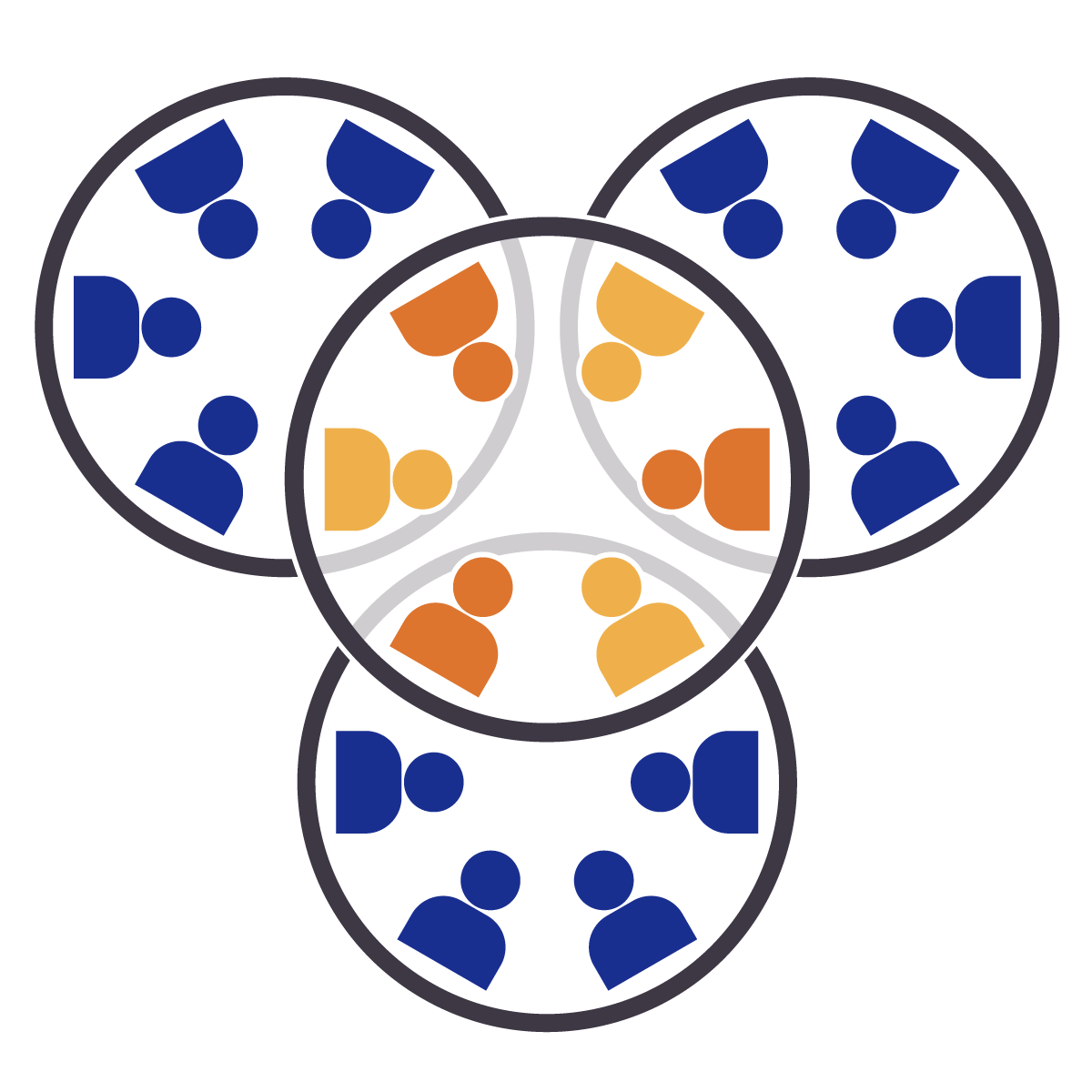Hello friends.
Here are some questions and comments from community members at our our April Community of Practice. If you haven’t been before, please consider joining us for the next gathering on May 15th.
For more information, write to advocates.signup@sociocracyforall.org.
If you’re already a part of Advocates, thank you for sharing your experiences and your support!
Our first question is about how to connect with busy parents. The second is about how to respond to new members wanting to revise a community’s existing policies:
Our community includes several new young families. In many of these, both parents work and that limits their time to participate in circles. Because some of the parents miss circle opportunities for information sharing, we can have long email discussions between community members. Is there a parallel structure – a platform - other communities use to help members connect outside of circles?
We use Slack for asynchronous dialogue. We are careful about how we name each channel so people can find the topics they’re looking for. Marco Polo and Voxer platforms are other options.
And…. “live” connections are key to community health, and they support good decision making! Are there other, in-person ways that fit with the families’ schedules to help build relationships?
What about new people coming in and wanting to reshape community decisions?
A good thing to keep in mind: we are all on the path of moving from a perspective of preference to a perspective of community-mindedness.
Communities can embrace decisions that have been made in the past, but that in the present don’t necessarily make sense. If these decisions can be revisited they should be revisited. Another name for sociocracy is dynamic governance! We plan, then do, then measure, adapting and improving as we go.
It’s important to have policy reviews/term limits. If there are no extenuating circumstances or urgent situations that call the policy into question, we only revisit - and possibly revise - our policies when their review dates come up.
An interesting question: what types of policy decisions can and cannot be challenged?
For instance, using sociocracy. In our community, the use of sociocracy is not up for debate, but some other plans can change if and when we have the capacity to change them.
Anything you would add? Please comment! And keep in mind…
These are just a couple of the useful, meaningful and fun conversations happening at Advocates.
Hoping to see you there!
